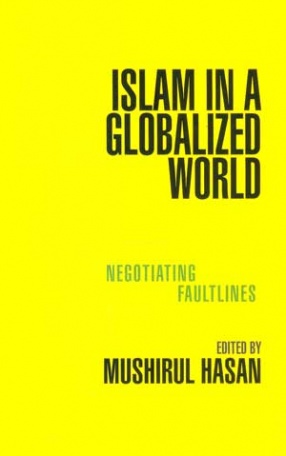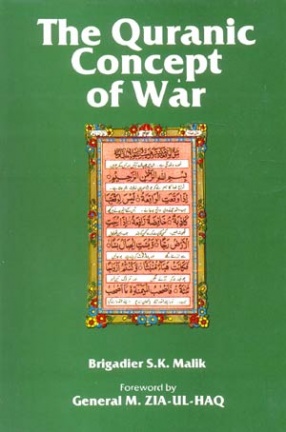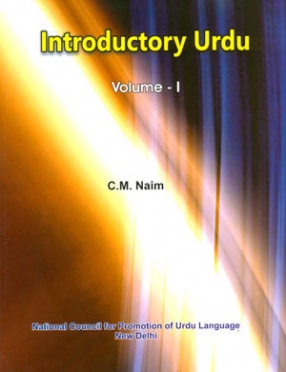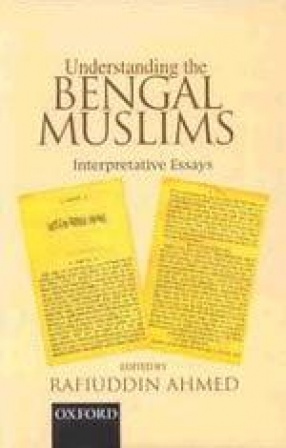Islam in a Globalized World: Negotiating Faultlines
Synopsis
Islam is the world’s fastest growing religion and the second largest after Christianity. There are an estimated 1.57 billion followers of Islam spread across the globe accounting for one out of every four persons and representing diverse social and cultural traditions.
Yet, surprisingly, little is known about them and their contribution to the communities they live in either as native citizens or immigrants. This lack of awareness, partly a result of paucity of writing on the subject, has created an image of Islam and Muslims that is often grossly distorted.
This volume, edited by Mushirul Hasan-one of India’s most distinguished historians and commentators-seeks to fill this gap by bringing together a range of scholarly views on Islam in the context of a rapidly globalizing world.
What is the impact of globalization on Islam and Muslim identity? How are Muslims, especially Muslim minority communities in different parts of the world, responding to globalization? And how is it changing their perceptions of their own identity and their world-view?
In his introduction Professor Hasan argues that these are “important questions that touch deep-seated chords of feelings”.
“Today, more and more social scientists are engaged in ‘understanding’ Islam and ‘observing’ Muslim societies within historically informed social contexts. With one-third of the world’s Muslims now living as members of a minority, they are busy exploring their responses to globalization, westernization, and the impact of living in a minority. To what extent does globalization cause the old traditional points of reference to disappear? To what extent it reawakens passionate affirmations of identity that often verges on withdrawal and self-exclusion? These questions can still arouse interest in our colleges and universities,’ he writes.
This book is an important contribution to the debate on modern Islam and attempts to answer the all-important question: where does it go from here?
Read more
Yet, surprisingly, little is known about them and their contribution to the communities they live in either as native citizens or immigrants. This lack of awareness, partly a result of paucity of writing on the subject, has created an image of Islam and Muslims that is often grossly distorted.
This volume, edited by Mushirul Hasan-one of India’s most distinguished historians and commentators-seeks to fill this gap by bringing together a range of scholarly views on Islam in the context of a rapidly globalizing world.
What is the impact of globalization on Islam and Muslim identity? How are Muslims, especially Muslim minority communities in different parts of the world, responding to globalization? And how is it changing their perceptions of their own identity and their world-view?
In his introduction Professor Hasan argues that these are “important questions that touch deep-seated chords of feelings”.
“Today, more and more social scientists are engaged in ‘understanding’ Islam and ‘observing’ Muslim societies within historically informed social contexts. With one-third of the world’s Muslims now living as members of a minority, they are busy exploring their responses to globalization, westernization, and the impact of living in a minority. To what extent does globalization cause the old traditional points of reference to disappear? To what extent it reawakens passionate affirmations of identity that often verges on withdrawal and self-exclusion? These questions can still arouse interest in our colleges and universities,’ he writes.
This book is an important contribution to the debate on modern Islam and attempts to answer the all-important question: where does it go from here?
63.90
57.51
$
71.00 $
Free delivery Wolrdwidе in 10-18 days
Ships in 2-4 days from New Delhi
Membership for 1 Year $35.00
Get it now and save 10%
Get it now and save 10%
BECOME A MEMBER
Books by the same author








Bibliographic information